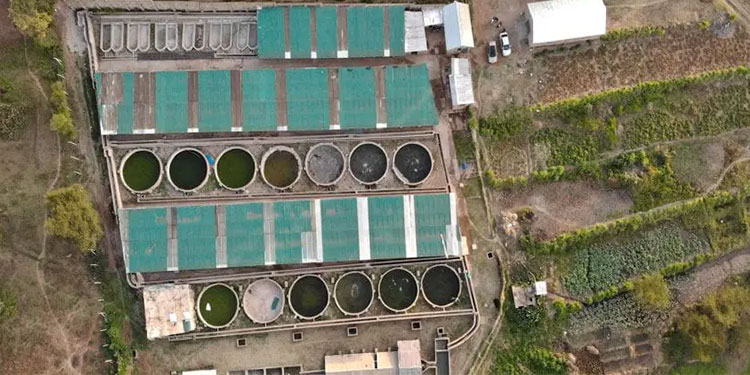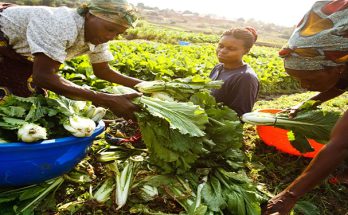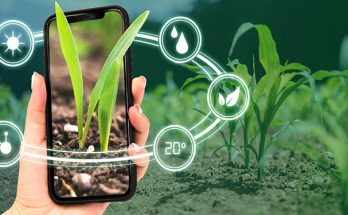 A project to support the development of East Africa’s aquaculture industry has been revealed by a new consortium of African and European organisations, with an emphasis on training fish farmers and other players throughout the supply and value chains for farmed fish.
A project to support the development of East Africa’s aquaculture industry has been revealed by a new consortium of African and European organisations, with an emphasis on training fish farmers and other players throughout the supply and value chains for farmed fish.
The Norwegian Agency for Development Cooperation (NORAD) has provided funding for the new EUR 2 million (USD 1.96 million) capacity-building initiative, to be promoted by the partnership known as “Samaki Poa” (a Swahili term meaning “amazing fish”). Blue Planet, Lake Harvest Group, Larive International, Lattice Aquaculture, and Skretting/Tunga Nutrition are among the participants.
The organisations said in a joint statement that the recently established “Samaki Poa” collaboration will increase food security and offer useful and transferable expertise to strengthen the aquaculture industry in East Africa.
The consortium will create specialised digital and vocational training programmes to provide access to pertinent information about fish farming and related value chain enterprises for an estimated 10,000 established and aspiring fish farmers across Africa.
The consortium stated that the e-curriculum, which consists of animated movies covering all pertinent themes for tilapia and catfish farming, will be publicly available on the recently launched website.
Through the upgrade of five Tunga Nutrition farm supply hubs in East Africa, the project has been designed to provide access even to customers without internet access, allowing for on-site training.
The consortium stated that in addition to digital training, there will also be on-site vocational training.
Following the success of a comparable school in Kenya, a second aquaculture academy will be constructed as part of the project in Jinja, Uganda.
More than 1,200 fish farmers in Kenya and Uganda will receive training from aquaculture experts from the consortium on the most crucial facets of the fish farming industry.
“We are thrilled with the skill set brought together in this collaboration, which includes expertise in fish feeds, hatcheries, farming, training, and the provision of digital information…
According to Wouter van Vliet, project coordinator for Larive International, “all required knowledge is brought together for maximum sector advantage.
The consortium estimates that the “Samaki Poa” project will have an impact on 7,500 households and generate 1,250 jobs across Kenya, Rwanda, Tanzania, and Uganda. The aquaculture value chain in Uganda with the opening of a new hatchery in Jinja.



